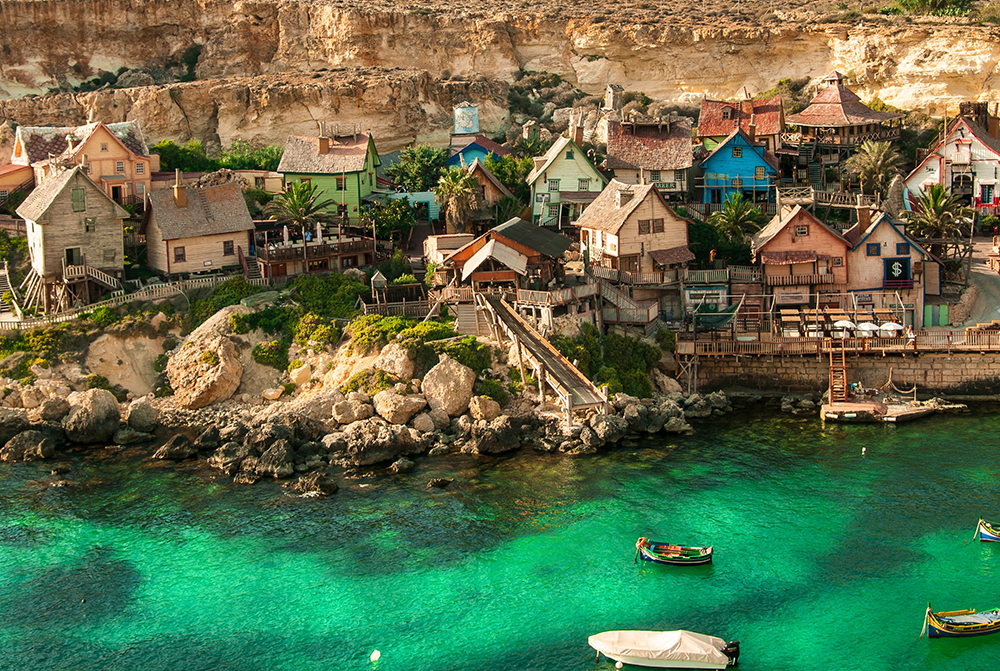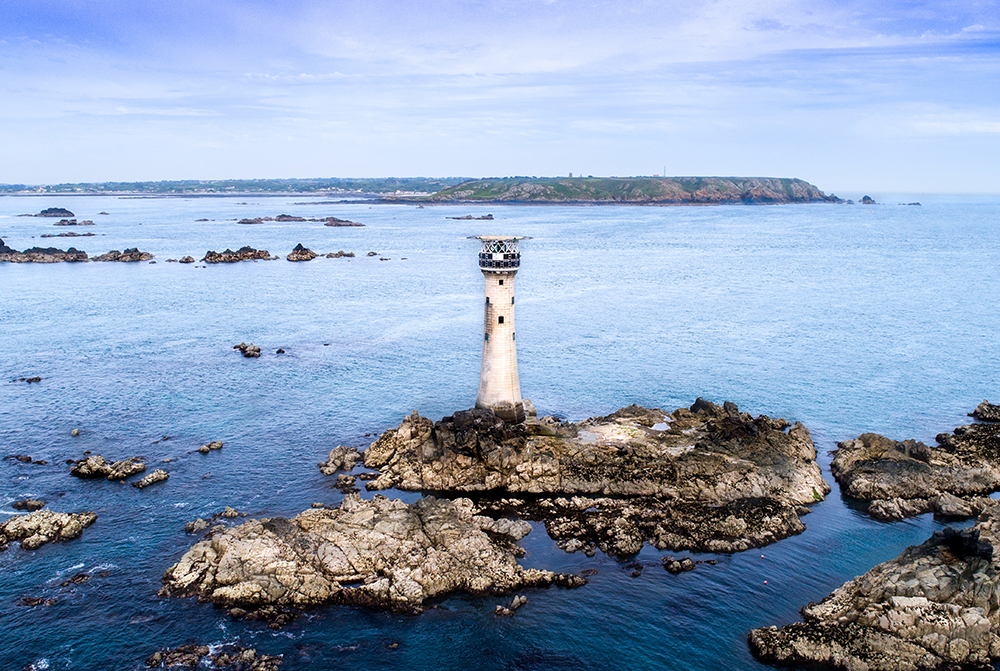The Maltese Income Tax Act exempts royalties, advances and similar payments arising from copyright, from tax.
Exemption in Respect of Certain Copyright Income
The income tax exemption with respect to royalties received from certain types of ‘copyrightable’ intellectual property, in relation to; books, film scripts, music and art.
The Income Tax Act exempts royalties, advances and similar income arising from:
- Patents, in respect of inventions;
- Copyright;
- Trademarks.
This exemption applies whether the royalties are obtained in the course of a trade, business, profession, vocation or otherwise. They are subject to meeting the terms, conditions and approvals established in relevant Maltese subsidiary legislation.
Intellectual Property Companies
Whilst the tax exemption is undoubtedly good news for artists, who receive royalties for their work, it is also a very positive development for Intellectual Property companies which are tax resident in Malta, or which are looking to re-locate to Malta.
Royalties from qualifying patents and from qualifying copyright are both exempt from income tax in Malta, whilst non-qualifying royalties may still benefit from low effective tax rates. IP companies can apply for the Maltese Patent Box Deduction, which allows taxpayers that exploit qualifying IP to deduct their expenses related to such IP.
In an international context, the measures above, combined with Malta’s network of Double Taxation Treaties and access to the various EU directives, present interesting opportunities for taxpayers owning copyright and patents.
What Constitutes ‘Copyrightable’ Material?
The Income Tax Act does not, to date, define royalties that derive from copyright, but the Copyright Act lists the following, as eligible for copyright, subject to certain conditions and exclusions:
- Artistic work;
- Audiovisual work;
- Databases;
- Literary work;
- Musical work.
The Copyright Act further defines artistic work as including:
- Paintings, drawings, etchings, lithographs, woodcuts, engravings and prints;
- Maps, plans, diagrams and three-dimensional works relating to geography, science or topography;
- Sculpture;
- Photographs not featured in audiovisual;
- Architecture in the form of buildings or models;
- Artistic craftsmanship, including pictorial fabric collages and works of applied handicraft and industrial art.
Additional Information
The registering of IP in Malta, can present an attractive proposition, please contact the Dixcart office in Malta: advice.malta@dixcart.com for further information, or your usual Dixcart contact.






